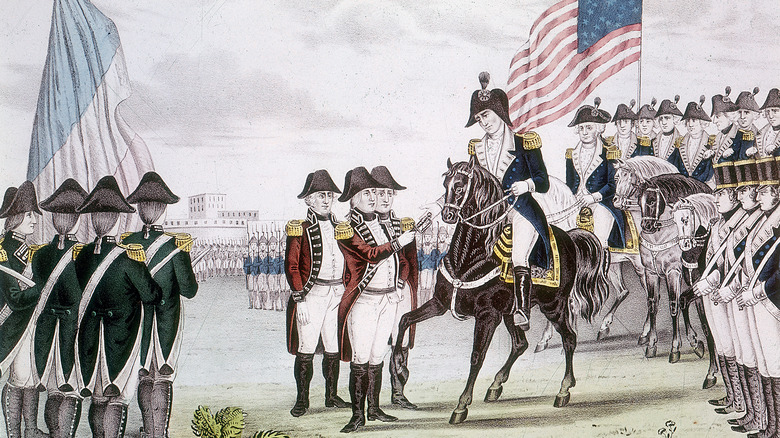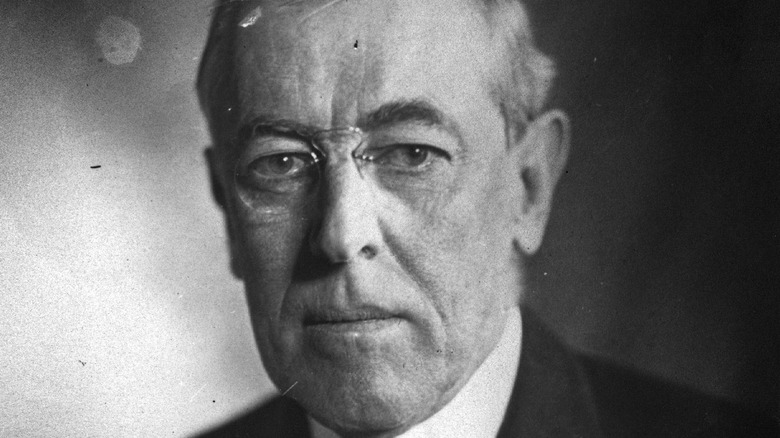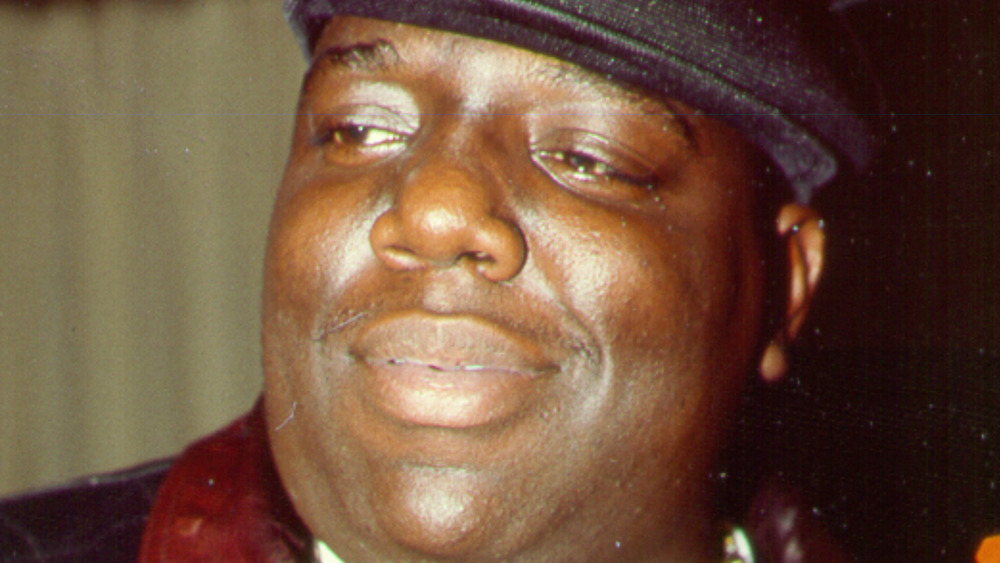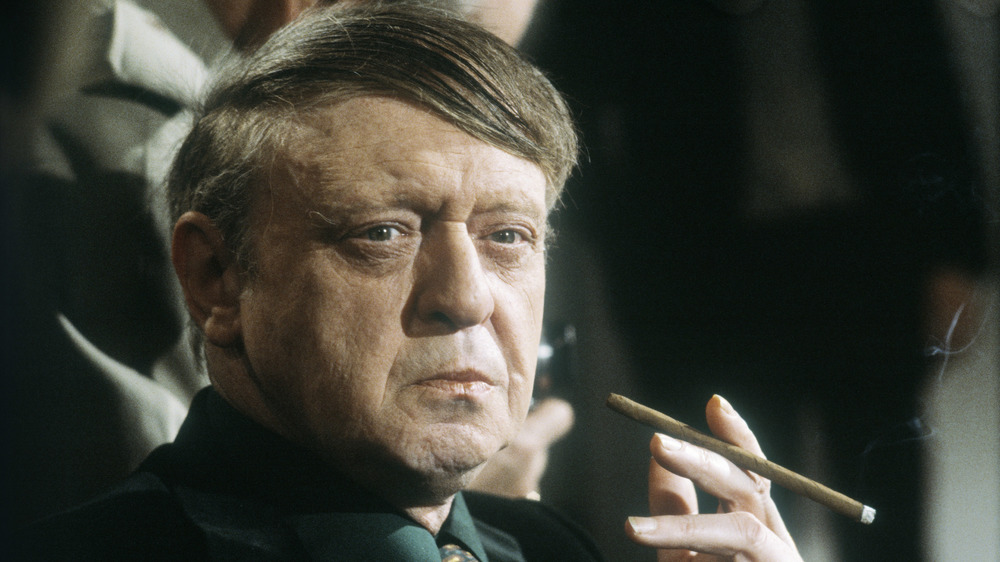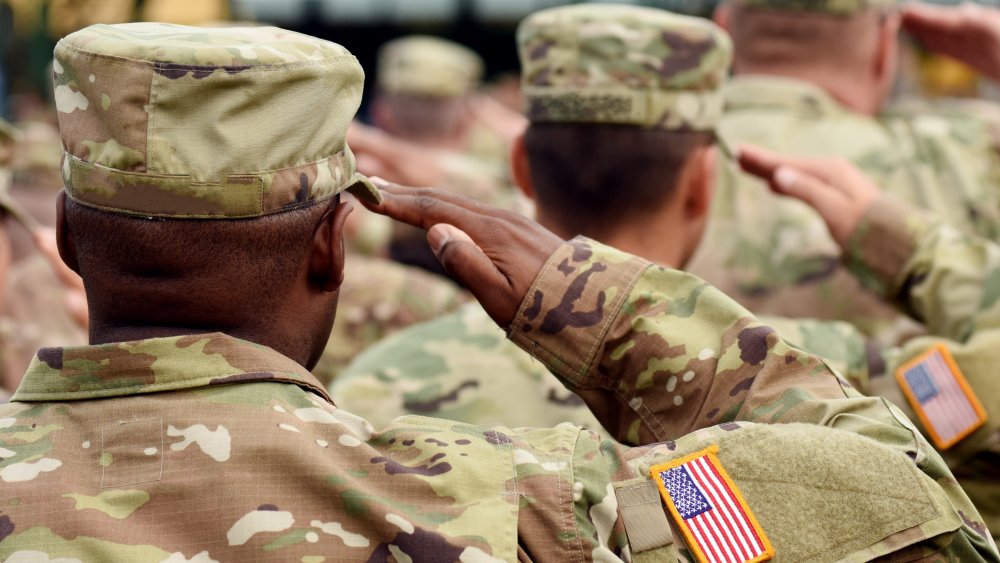
Here’s Why General Cornwallis Surrendered In The Battle Of Yorktown
As Mental Floss reports, a hypothetical “Battle of New York” may have played out in 1781 if George Washington had his way. If victory was found in this scenario, then the British command structure may have been irreparably damaged. This possibility remained very real for the British forces in New York, due in large part to their enemy’s oven-based deception tactics (via allthingsliberty.com) and elaborate spy network. Consequently, they remained in the city on the defensive. With this in mind, the Continental Army’s French allies overrode Washington’s desires in favor of attacking Yorktown, as British General Cornwallis would accordingly not receive aid from New York.
Cornwallis is perhaps best remembered for his informal surrender at the conclusion of this siege, sending a subordinate to meet with Washington in his place. However, it is worth bearing in mind that this apparent rebuff of custom was likely not so much out of scorn than personal embarrassment. His vain efforts to achieve victory had been based on false hope, and while he may not have known the war would mostly end with his defeat, he knew that the loss of his 7,000 men was a devastating blow to his country and reputation.
Miscommunication set the stage for victory at Yorktown
When Cornwallis settled his army in Yorktown, he did so with the understanding that while still vulnerable, it was a more ideal location than the other options available. In his mutually confused correspondence with General Clinton of New York, the latter assured him that a British fleet would relieve the Yorktown force. Thus, Cornwallis chose not to abandon the city even when a siege was imminent (via The Gilder Lehrman Institute). Instead, he ordered the preparation of defensive structures and resolved to confront the enemy.
Several days into the Battle of Yorktown, British food and water supplies dwindled while the smell of their horses, killed as they couldn’t be fed, filled the air (via NPS). The French fleet fired at them with impunity, while on land men such as Alexander Hamilton were leading successful attacks on British positions. Having realized by then that he couldn’t hold out for Clinton’s relief force (which never even materialized) to arrive, Cornwallis surrendered after 20 days. While not a total British military defeat, the loss cemented Parliament’s belief that the war was too costly to continue (via History of Massachusetts).

This Book Of Psalms Is One Of The Most Expensive Books In The World

The Real Reason Alfred Kinsey Collected Millions Of Wasps

How The Legend Of The Fountain Of Youth Spread
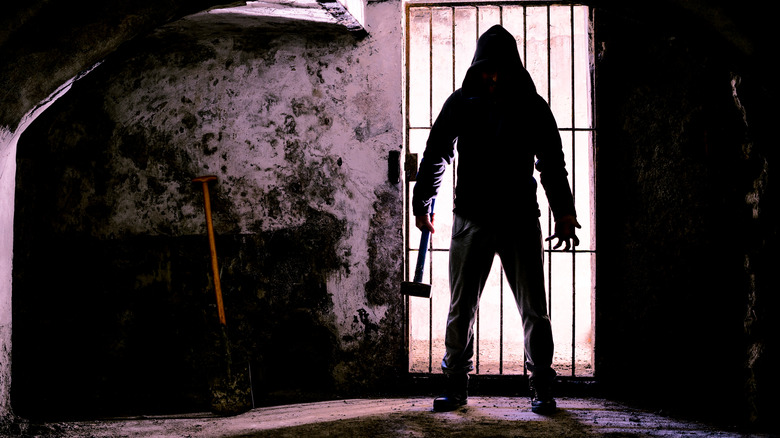
These Were Serial Killer Carl Panzram's Chilling Last Words

This Is The Largest Gun Ever Used In Battle

Atlantis-Inspired Myths That Turned Out To Be True

What You Might Not Know About The Roman Catholic Secret Society

The Truth About Sister Gerard Fernandez, The Infamous Death Row Nun
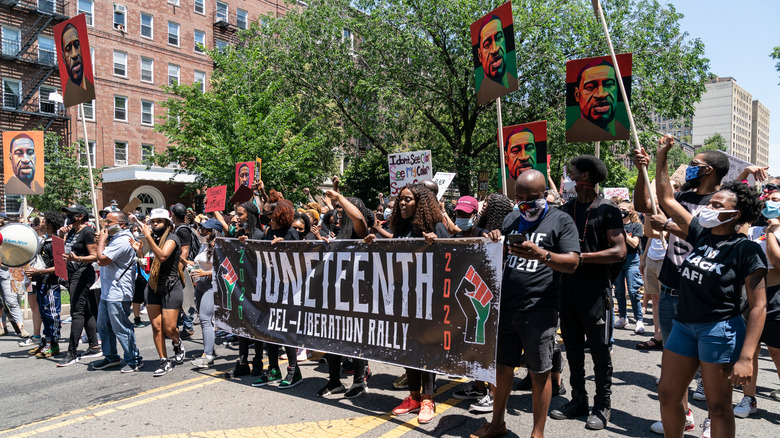
Other Days That Could Become National Holidays

Here's Why Aaron Burr Might Have Committed Treason
